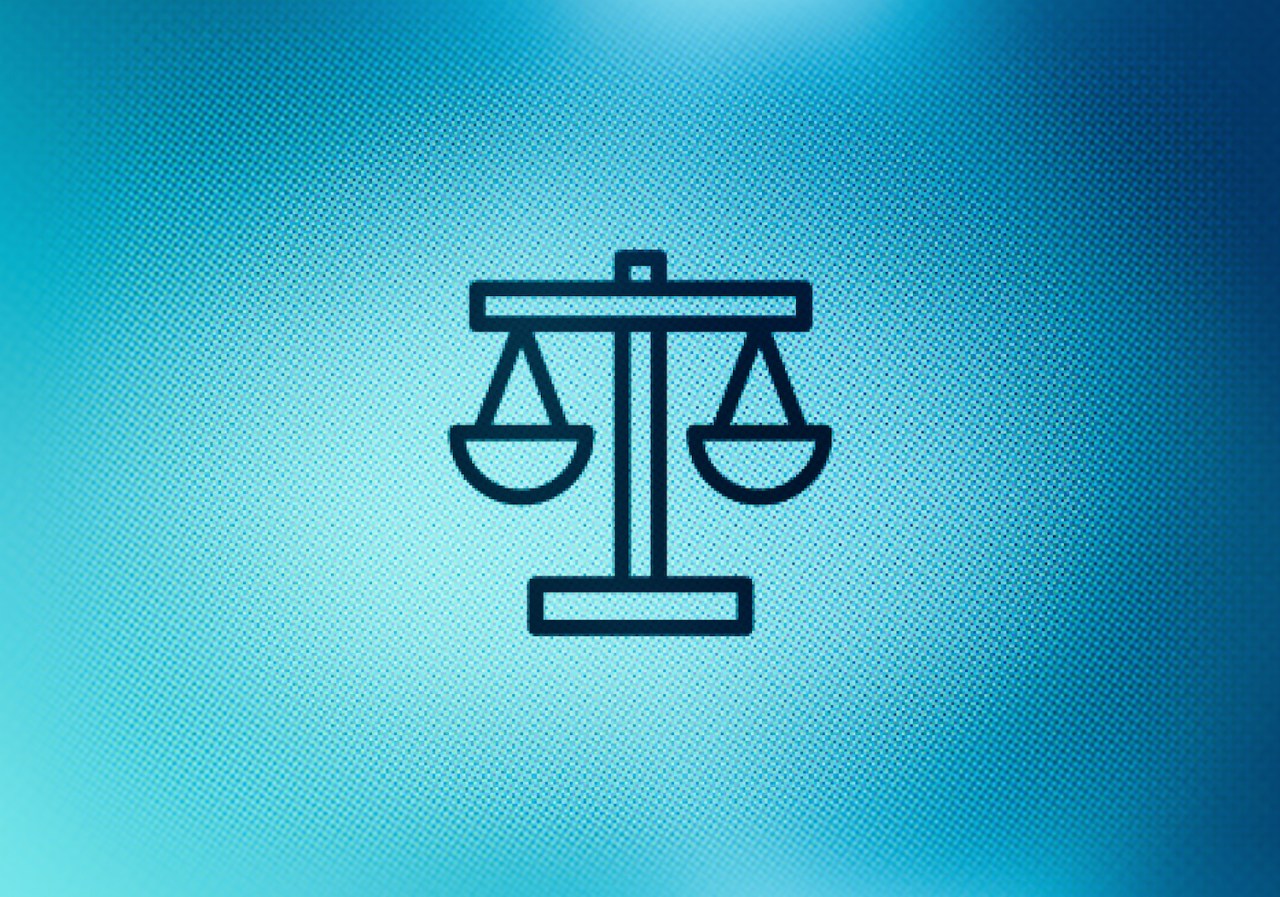This week marks a pivotal moment in the evolving landscape of generative AI, as lawsuits ignite discussions about the intersection of technology, creativity, and copyright laws. With music labels targeting startups like Udio and Suno over allegations of copyright infringement, the fate of generative AI now rests in the hands of the judiciary. As industry giants like Sony Music and Universal Music Group stake their claims, we explore the broader implications of these litigations on the generative AI arena.
The Legal Tussle: What’s at Stake?
The recent legal actions taken by the Recording Industry Association of America (RIAA) signal a deepening conflict between traditional content creators and modern AI-driven firms. The crux of the lawsuits is the allegation that Udio and Suno utilized music from these labels to train their generative AI models without appropriate compensation. The music labels argue that the synthetic outputs generated by these platforms not only compete with, but could also undermine the authenticity and value of original recordings.
- Financial Vulnerabilities: The labels demand $150,000 per allegedly infringed work, which illustrates the potential financial repercussions awaiting AI vendors in the case of judicial rulings unfavorable to them.
- Creative Integrity: The labels fear that a market saturated with machine-generated content could lead to the erosion of artistic expression and the devaluation of original works.
Precedents and Predictions: The Impact of Past Rulings
Recalling the landmark case involving Google Books, where the court ruled in favor of Google based on a “transformative purpose,” presents an interesting parallel. If the legal system leans towards recognizing a similar transformative nature in generative AI, vendors might find themselves off the hook. The outcome could hinge not only on the nature of the data used for training these models but also on the ability of the plaintiffs to prove that the results are mere replicas of the original copyrighted material.
Challenges Ahead: The Complexity of AI Content Generation
The complexities of generative AI entail that not every instance of creation can be judged uniformly. As pointed out by industry experts, AI models showcase varying degrees of originality in the outputs they generate. It’s crucial for courts to evaluate the unique merits of each case, posing a challenge for legal practitioners and industry stakeholders alike.
- Case-by-Case Analysis: Judges might decide on the legality of each model individually, which would establish a patchwork of precedents, leaving much ambiguity for the wider AI industry.
- Implications for AI Vendors: Firms must navigate the treacherous waters of copyright law while also innovating to maintain relevance in a fiercely competitive market.
The Role of Major Players and Industry Shifts
While Udio and Suno face immediate threats, other entities in the AI space are also taking hits. For instance, the recent delays from OpenAI surrounding its advanced Voice Mode show the hurdles various startups face as they grapple with technical innovation amidst an evolving legal landscape. Stability AI’s recent financial backing proves that even established players must constantly adjust to survive.
The Bigger Picture: AI’s Influence on Creative Careers
Concerns surrounding generative AI aren’t confined to copyright issues; they extend into the workforce as well. Much like OpenAI CTO Mira Murati mentioned in her reflections, the trajectory of job markets could shift as automation increasingly permeates various professions. This prompts questions about equity, labor rights, and the future of work.
- Job Displacement: As generative AI becomes more advanced, jobs in creative fields may see transformation or decline, provoking discussions regarding how to adapt existing roles.
- Company Responsibility: There’s a moral obligation for companies, especially profit-driven ones, to consider how to support the creatives whose works they utilize.
Conclusion: Navigating the Uncertain Waters of Generative AI
As generative AI continues to shape the future of creativity, the looming legal challenges mandate close observation. The courts’ decisions could redefine the interplay between technology and tradition, impacting how we create and perceive art. Whether the verdicts favor the content creators or the machine-generated realities remains a question of great significance.
At fxis.ai, we believe that such advancements are crucial for the future of AI, as they enable more comprehensive and effective solutions. Our team is continually exploring new methodologies to push the envelope in artificial intelligence, ensuring that our clients benefit from the latest technological innovations.
For more insights, updates, or to collaborate on AI development projects, stay connected with fxis.ai.

